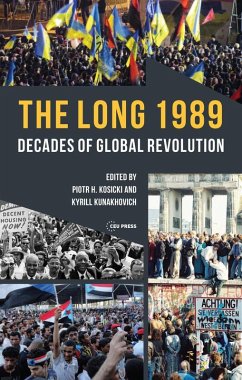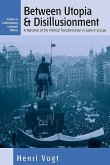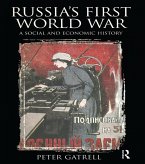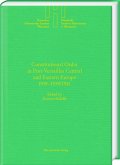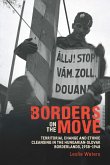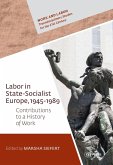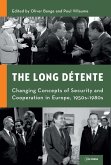The fall of communism in Europe is now the frame of reference for any mass mobilization, from the Arab Spring to the Occupy movement to Brexit. Even thirty years on, 1989 still figures as a guide and motivation for political change. It is now a platitude to call 1989 a "e;world event,"e; but the chapters in this volume show how it actually became one. The authors of these nine essays consider how revolutionary events in Europe resonated years later and thousands of miles away: in China and South Africa, Chile and Afghanistan, Turkey and the USA. They trace the circulation of people, practices, and concepts that linked these countries, turning local developments into a global phenomenon. At the same time, they examine the many shifts that revolution underwent in transit. All nine chapters detail the process of mutation, adaptation, and appropriation through which foreign affairs found new meanings on the ground. They interrogate the uses and understandings of 1989 in particular national contexts, often many years after the fact. Taken together, this volume asks how the fall of communism in Europe became the basis for revolutionary action around the world, proposing a paradigm shift in global thinking about revolution and protest.
Dieser Download kann aus rechtlichen Gründen nur mit Rechnungsadresse in A, B, BG, CY, CZ, D, DK, EW, E, FIN, F, GR, HR, H, IRL, I, LT, L, LR, M, NL, PL, P, R, S, SLO, SK ausgeliefert werden.

